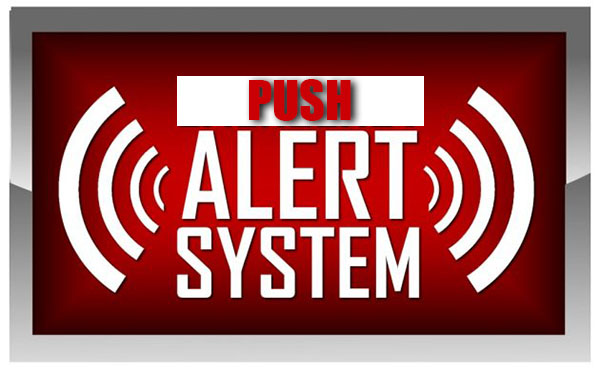
By Ron Munden – 1/6/2020
On the morning of December 19, at 11:30 am, I was scheduled to have coffee with a friend at Central Perks. When I arrived, he was sitting outside and told me there had been a major water break in Marshall and the entire city was under a “boil order”. He went on to say that Central Perks had prepared all its food for the day before they learned of the “boil order”. Since they had used water that morning in preparing all their food, they were forced to throw out all the food they had prepared and closed for the day.
That night I was able to confirm the details with Central Perk’s owners. They said that neither were contacted by phone or email that morning and they were not aware of the water problem until after 10:30 am that morning. They said neither directly received any notification of the problem.
On Friday, December 20, I stopped by the Blue Frog for lunch. I found that they were closed. The owner said that the City had not cancelled the “boil order” until mid-morning Friday so she had decided to remain closed that day.
I asked her when she was notified of the water break. She said that she had never been notified about the problem, but she had seen something on Facebook on Thursday morning. She also said that she was in a meeting at a restaurant located on Highway 59 on Thursday morning. At about 10:30 am a waitress came around and took up the water glasses and told the group that the City was under a “boil order.”
Based on a very small sampling it appears that the City needs to rethink its alert system. Based on what I know now the City’s alert is a “pull” system – the City puts out information on their website and social media. This is a common approach. My office used “pull” techniques when we first started designing alert systems for the Navy.
About 30 years ago the office began doing work for the nuclear side of the shipyard. They insisted that any alert system had to be a “push” system. The difference in the two systems is that a “pull” system posts data on a variety of platforms and people are expected to check those systems for the information. “Push” systems are proactive and send information directly to people who need the information. Normally those systems don’t automatically do mass information pushes but are more targeted and focused on people who need to know.
As an example, during this period my office ran a small data center for the Navy. This was a 24/7 operation and “system downtime” was a big negative. The office developed a software system that monitored the various computers that were operating throughout the country. When the system detected a computer/application that had gone down the alert system pulled up a “call list” for that computer/application. At the one-minute mark the alert system sent a message to the text beeper of the systems person responsible for that computer. At the 5-minute point if the system was not back online the alert system sent a second beep to the systems person and a first beep to the supervisor of the systems person. At the 10-minute mark these people were beeped again, and the director of the data center received his first beep.
We ran a “mission critical” application so the timeframe for alerts was shorter than might be used for non-critical applications. Also, thirty years ago, our office had to write all the software to operate that alert system.
Today technology is much better, and I am sure that there is off-the-shelf software that will do all of this and much more. Today cell phones, text messaging, and email make it easy to “push” information to targeted lists. These alert systems can be used for any purposes not just support of computer systems.
I wrote this article based on input from end-users, not the people who are responsible for pushing the information out to the end-user. Therefore, maybe the City has push alert system in place to accomplish what is outlined above. If so then they should investigate why the system broke down this time. If not, they should investigate implementing a system.
If the situation that prompted this article was a rare occurrence, the City should not spend any time or money addressing this problem. Unfortunately, I fear that Marshall’s antiquated infrastructure ensures that this situation will be repeated many times for years to come.
GIVE US YOUR FEEDBACK. CLICK ON “COMMENT” TO TELL US WHAT YOU THINK or use one of the alternative methods for providing feedback.

